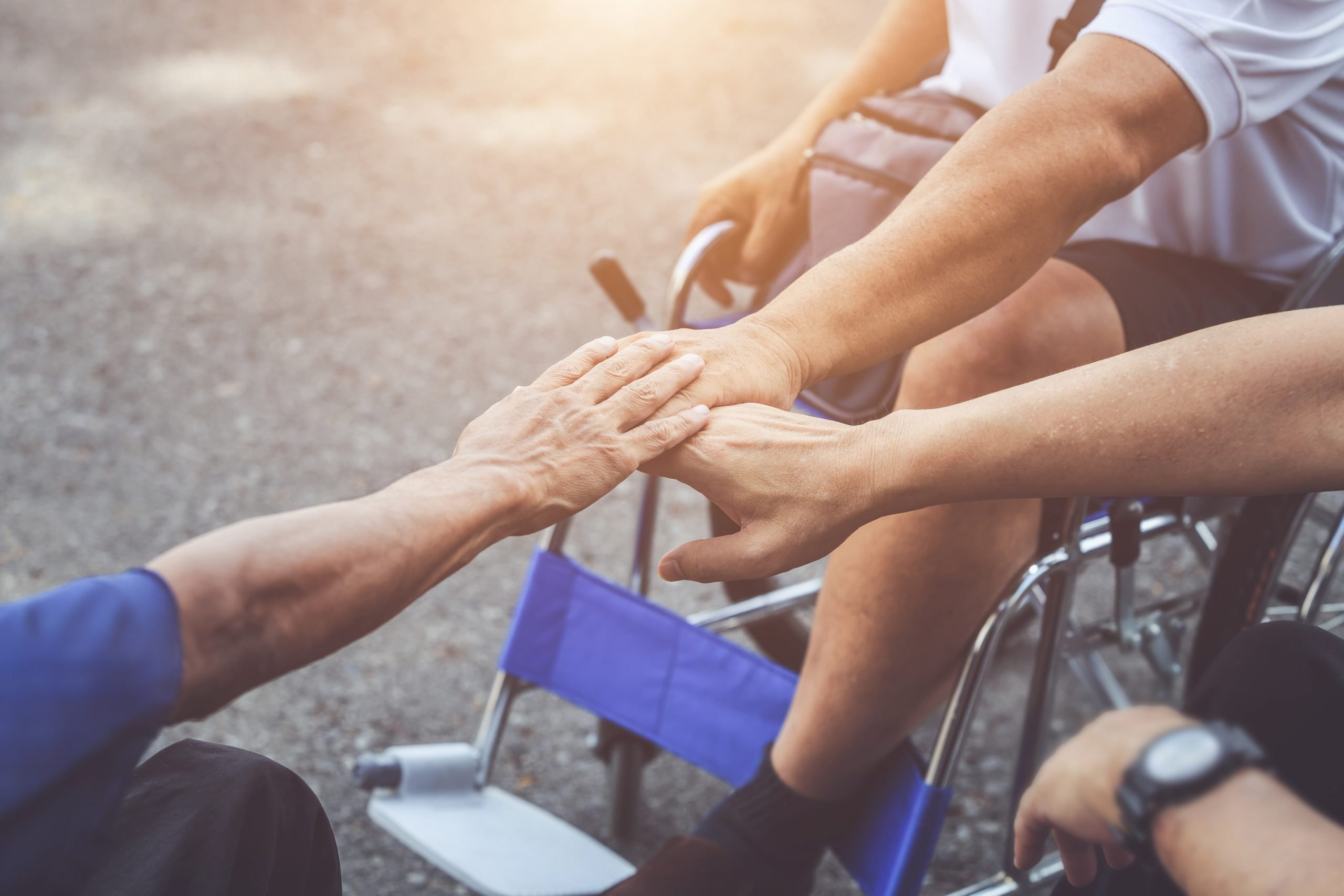Dec 3 – International Day of Persons with Disabilities
On December 3, we recognize the International Day of Persons with Disabilities. Yet, so many disabilities are those that are unseen – invisible. Disabilities that are invisible can be defined in many different ways, but in simple terms, they are physical, mental, or neurological conditions that limit movement, senses, or activities. The term covers a wide range of disabilities, impairments, and medical conditions. Among them are autism, dyslexia, mental health issues, seizures, chronic pain/fatigue, traumatic brain injury (TBI), and any other organ disorder. Most of the time you can’t see these impairments/disabilities, which leaves people with them with a lot of challenges.
It leaves them in a limbo place where they must advocate for themselves due to being “forgotten” since they are “Out of sight, out of mind.” There are many challenges associated with what they go through on a daily basis because people are unable to see the conditions, which is why advocating for those groups is so important.
In the United States alone, 61 million people have a disability, according to the CDC. About 10% of them have an invisible disability, but getting them to identify with it is tough. Doctors and others often think people are faking their disabilities or just want attention when they aren’t visible.
One of the most common disabilities is learning disabilities. People with learning disabilities might not even know they have them. Some people never get tested for learning disabilities because of the way they’re treated at school and in the family. For example, a learning disability can make reading and writing tough. As a result, it’s harder to understand what you’re reading or learning. It’s common for schools and parents to label kids as lazy, or not smart enough, without thinking about why they’re struggling.
Psychiatric disabilities are another common but misunderstood invisible disability. These are some of the most common invisible disabilities. Many people wouldn’t think of mental health as an invisible disability. However, it can be just as debilitating.
Plus, when you can’t see a problem, it’s easy to ignore what people are saying. As a result, people with invisible disabilities don’t ask for accommodations. Some people with invisible disabilities have “good” days and “bad” days, so some days will be harder than others. This could be due to the brain not wanting to connect that day, or someone’s condition acting up and making them more impaired that day. People will also have a harder time understanding if you’re able to do something one day and unable to do it the next because it’s hard to explain to them.
There are many reasons why is it important to advocate for those with invisible disabilities. The of persons with invisible disabilities continues to grow. However, with the numbers growing, there is still little to no legislation or workplace policies in place for those with these conditions. It makes it harder and harder for people to disclose the disabilities they face. It is hard for some people to admit they need help, especially with no visible signs. Disclosing a disability can result in negative retaliation rather than a positive and accommodating reaction. Disclosing a condition affects more than just the person; it affects how others perceive and think of them. There’s a concern that they’ll be discriminated against and judged by those around them.
How can you help? Keep up with what’s going on in the disability community. There are lots of websites and forms online you can fill out to help push new legislation. Talk about how the company can improve inclusion for people with disabilities at meetings. Be open to having an uncomfortable conversation about invisible disabilities. Be prepared to correct and educate others if they don’t know something about the topic. Simply changing the wording and being more mindful of what words you use can make a big difference. You can change disabilities into abilities, so people don’t focus on what they can’t do, but on what they can do.



